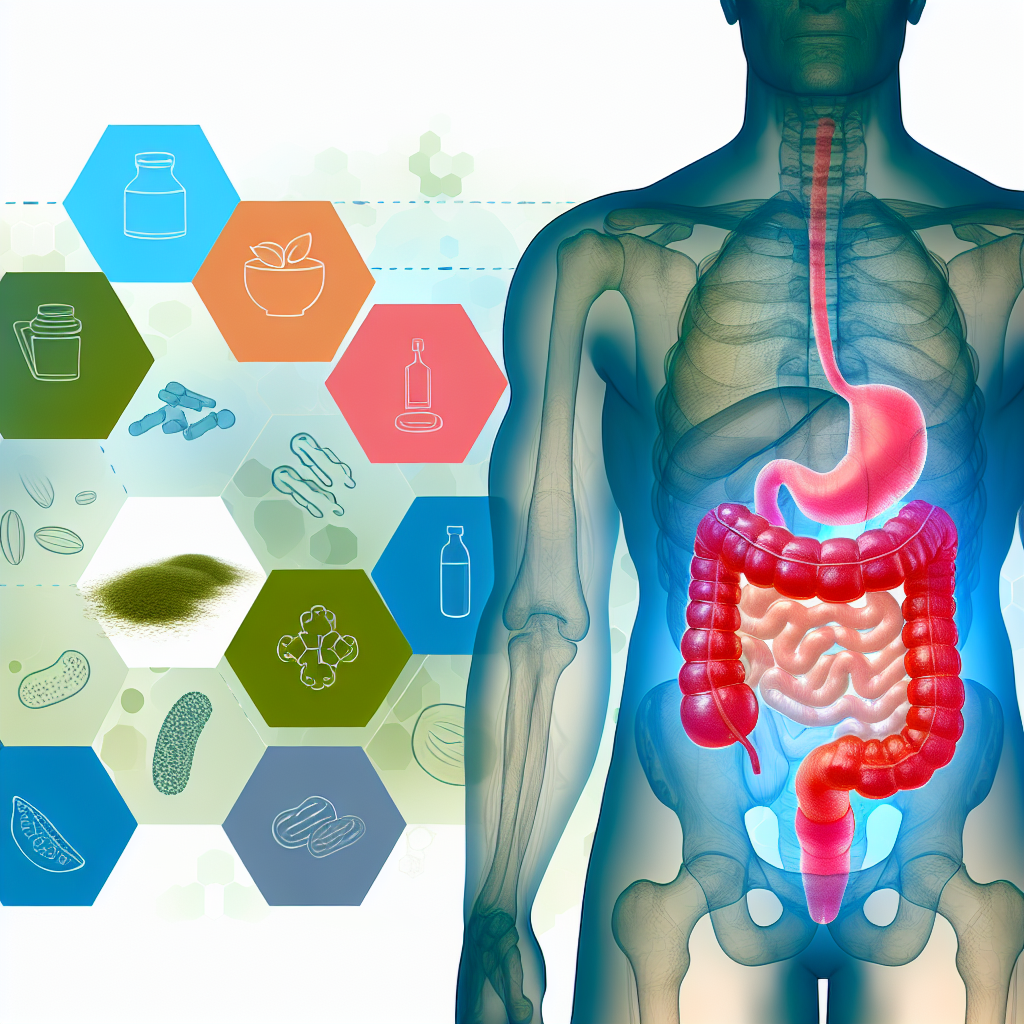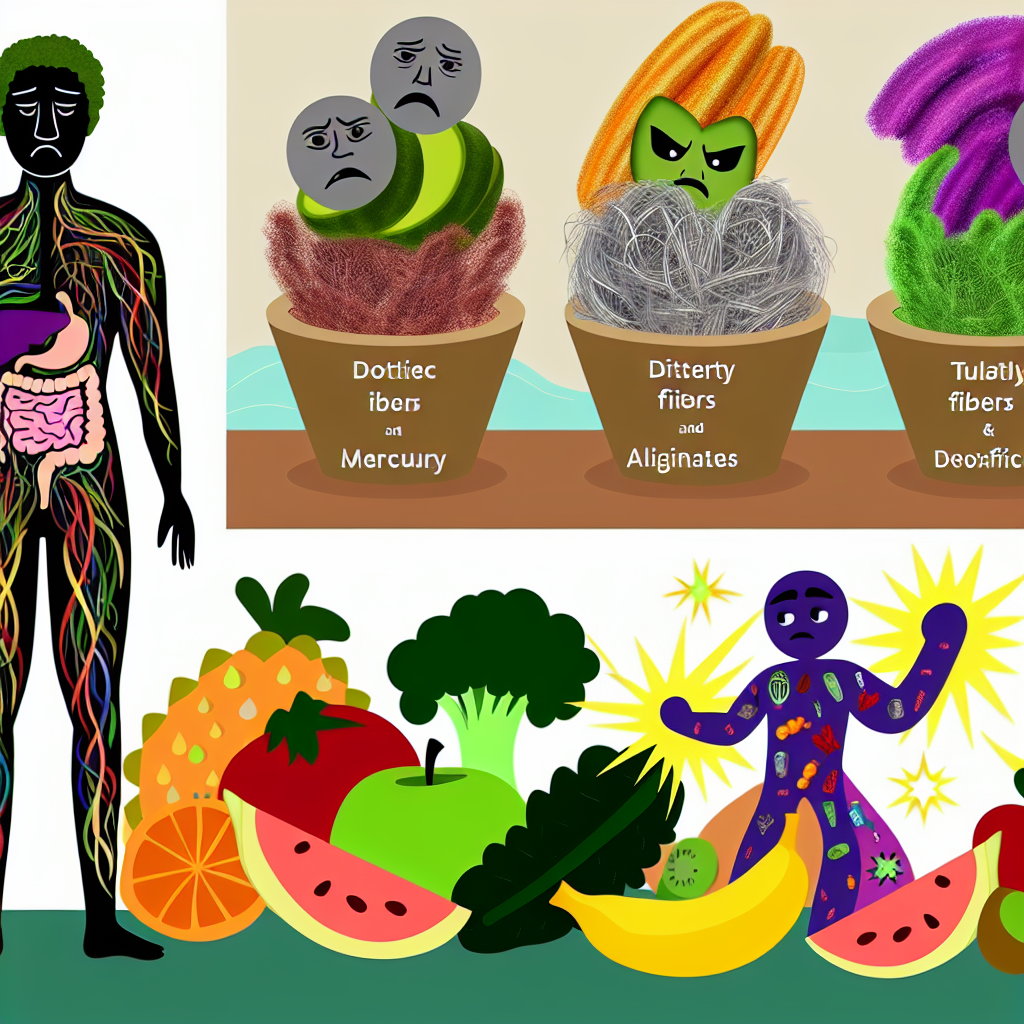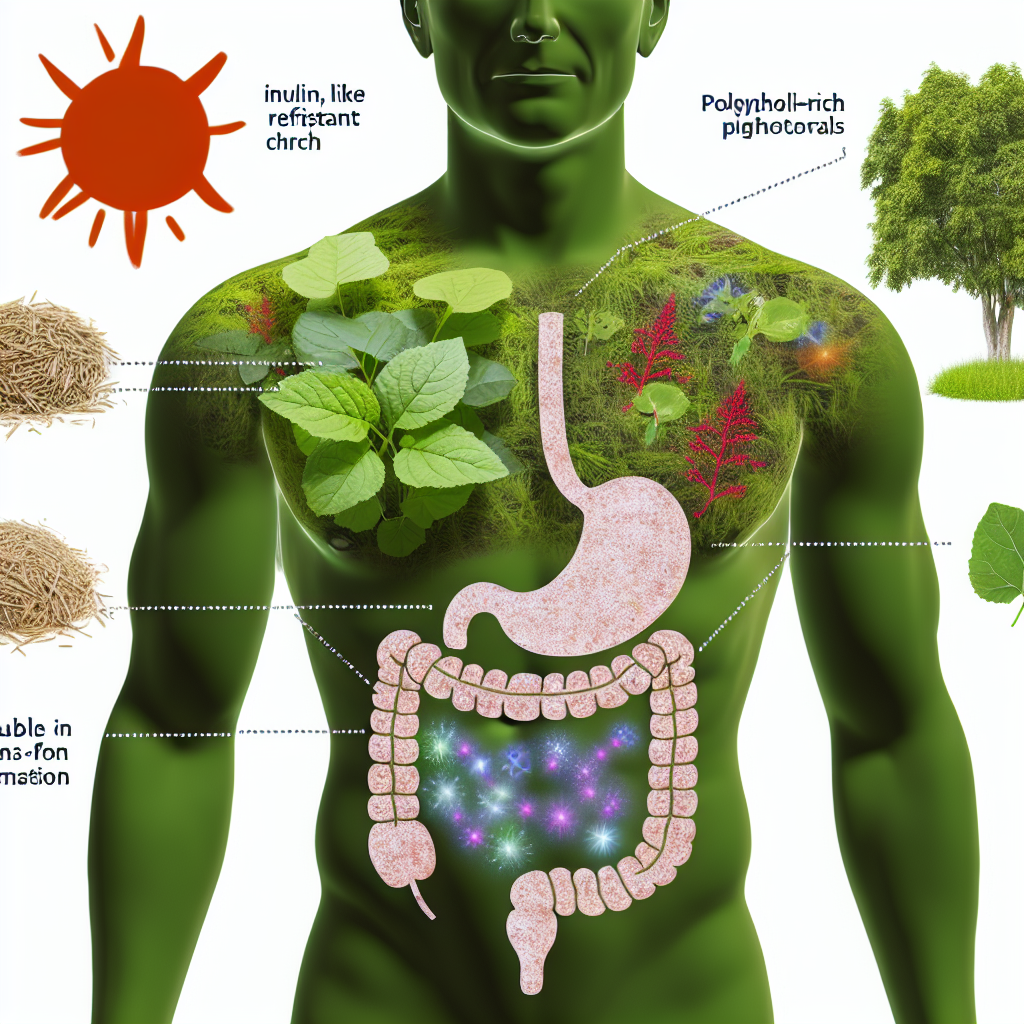SIBO Recovery Protocol: Rebuilding Gut Health After Small Intestinal Bacterial Overgrowth
Introduction
Small Intestinal Bacterial Overgrowth (SIBO) occurs when an excessive number of bacteria colonize the small intestine, leading to digestive disturbances such as bloating, diarrhea, constipation, and malabsorption. Unlike the large intestine, which naturally hosts a diverse bacterial ecosystem, the small intestine is typically home to fewer microbes. When harmful bacteria overgrow in this region, they interfere with digestion and overall gut function.
SIBO can result from numerous factors, including impaired gut motility, low stomach acid, chronic antibiotic use, and underlying conditions like Irritable Bowel Syndrome (IBS) and diabetes. If left unchecked, SIBO can contribute to systemic inflammation, nutritional deficiencies, and a weakened immune system.
While conventional antibiotic treatments such as rifaximin are commonly prescribed for SIBO, they may not target the root cause of bacterial overgrowth and can sometimes lead to further imbalances. Many individuals explore natural alternatives, including herbal antimicrobials, dietary adjustments, probiotics, and gut-healing strategies to address SIBO sustainably.
A successful SIBO recovery protocol involves four key steps: eliminating bacterial overgrowth, repairing the gut, restoring digestion, and repopulating beneficial bacteria. In this article, we’ll explore scientifically backed natural approaches to SIBO recovery, including herbal remedies, dietary modifications, and gut-strengthening supplements.
Herbal Antimicrobials: A Natural Alternative to Antibiotics
Antibiotics like rifaximin are commonly used to treat SIBO, but natural alternatives may offer similar benefits with fewer side effects. Research published in *Global Advances in Health and Medicine* (2014) found that herbal antimicrobials—such as berberine, oregano oil, and allicin from garlic—were just as effective as rifaximin in reducing bacterial overgrowth [(Chedid et al., 2014)](https://doi.org/10.7453/gahmj.2014.019).
Herbal antimicrobials work by targeting harmful bacteria while preserving the beneficial flora needed for digestive health. They offer a gentler yet effective long-term approach compared to conventional antibiotics, which may contribute to antibiotic resistance and gut dysbiosis.
Low-FODMAP and Elemental Diets for SIBO Management
Dietary modifications are key to SIBO recovery. The Low-FODMAP diet, which restricts fermentable carbohydrates that fuel bacterial overgrowth, has been shown to significantly reduce symptoms. According to a 2019 study in the *World Journal of Gastroenterology*, the Low-FODMAP diet effectively minimizes bloating and discomfort in SIBO sufferers [(Staudacher & Whelan, 2019)](https://doi.org/10.3748/wjg.v25.i1.10).
Another powerful dietary intervention is the elemental diet, which consists of pre-digested nutrients that provide nourishment while starving harmful bacteria. When followed strictly for two to three weeks, the elemental diet has been shown to be highly effective in clearing bacterial overgrowth and allowing the gut lining to heal.
Do Probiotics Help or Hurt SIBO Recovery?
The role of probiotics in SIBO recovery is debated. Some argue that adding more bacteria to an already overgrown small intestine is counterproductive. However, a 2018 study published in the *American Journal of Gastroenterology* found that specific probiotic strains, such as *Saccharomyces boulardii* and *Lactobacillus plantarum*, help improve gut motility and relieve symptoms like bloating and diarrhea [(Ghoshal & Ghoshal, 2018)](https://doi.org/10.1038/s41395-018-0131-6).
Probiotics should be introduced cautiously and strategically, with a focus on strains that aid digestion and regulate gut movement rather than exacerbate bacterial overgrowth. Spore-based probiotics, which survive stomach acid and colonize the intestines, may also offer benefits for some individuals recovering from SIBO.
Boosting Gut Motility to Prevent SIBO Recurrence
One often-overlooked factor in SIBO recovery is gut motility. The migrating motor complex (MMC) is responsible for sweeping bacteria out of the small intestine between meals. If the MMC is disrupted, bacteria may stagnate and overgrow, increasing the risk of SIBO recurrence.
A 2020 study in *Neurogastroenterology and Motility* demonstrated that natural motility agents like ginger and 5-HTP (a serotonin precursor) help stimulate the MMC, reducing the likelihood of bacterial stagnation [(Hasler, 2020)](https://doi.org/10.1111/nmo.13856). Fasting for 4-5 hours between meals and practicing intermittent fasting can also give the MMC time to perform its cleansing function.
Strengthening the Gut Lining to Prevent Leaky Gut
SIBO often damages the intestinal lining, contributing to “leaky gut syndrome,” in which toxins and undigested food particles leak into the bloodstream and trigger inflammation. Supporting gut barrier integrity is crucial for preventing long-term health complications.
Research published in *Frontiers in Immunology* (2017) highlights that supplements like glutamine, zinc carnosine, and collagen peptides play a role in gut repair. These nutrients help rebuild intestinal tissue, reduce inflammation, and restore the protective mucosal layer of the gut [(Camilleri, 2017)](https://doi.org/10.1016/j.cgh.2016.09.023).
Incorporating gut-healing foods such as bone broth, aloe vera, and omega-3-rich foods can further aid in repairing the intestinal lining and reducing systemic inflammation.
Conclusion: A Sustainable Path to Digestive Wellness
Successfully recovering from SIBO requires a multi-faceted approach that includes bacterial eradication, dietary modifications, and gut-healing strategies. While conventional antibiotics may offer temporary relief, long-term success depends on addressing the root causes of bacterial overgrowth and strengthening the gut environment.
By incorporating natural antimicrobials, optimizing digestion, and supporting gut motility, individuals can restore microbial balance and prevent recurrence. Strategies such as the Low-FODMAP diet, targeted supplementation, and intermittent fasting play a crucial role in healing the small intestine. Additionally, stress management, quality sleep, and moderate physical activity support overall gut function and long-term digestive health.
Adopting a comprehensive, scientifically supported approach not only resolves SIBO symptoms but also cultivates a thriving gut microbiome, contributing to overall well-being and vitality.
**Summary:**
SIBO is a condition where an excessive number of bacteria colonize the small intestine, leading to digestive issues. A successful recovery protocol involves eliminating the bacterial overgrowth, repairing the gut, restoring digestion, and repopulating beneficial bacteria. Natural approaches like herbal antimicrobials, dietary modifications, and targeted supplements can effectively address the root causes of SIBO and support long-term gut health.

Dominic E. is a passionate filmmaker navigating the exciting intersection of art and science. By day, he delves into the complexities of the human body as a full-time medical writer, meticulously translating intricate medical concepts into accessible and engaging narratives. By night, he explores the boundless realm of cinematic storytelling, crafting narratives that evoke emotion and challenge perspectives.
Film Student and Full-time Medical Writer for ContentVendor.com




